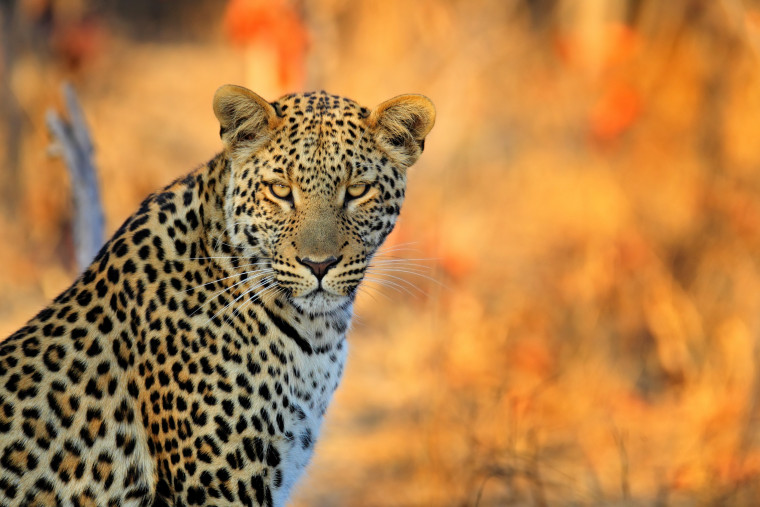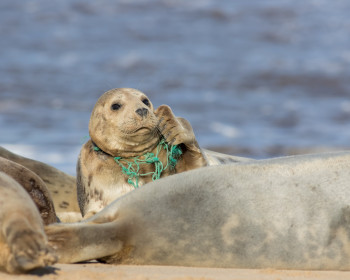Take Action for Wild Animals
Open gallery

It’s #WildlifeConservationDay, and each of us have an important role to play in protecting wild animals. You can Take Action for Wild Animals every day by:
-
Watching Personal Consumption Habits. Wild animals are traded globally to create a variety of products including cosmetics, decor, furniture, fashion and more. Investigate your purchasing habits and whether they directly or indirectly harm wild animals. Pro Tip: Use your purchasing power on cruelty-free products.
-
Saving the Forest. Forests are critical to protecting wild animals. Products derived from forest materials destroy trees and the surrounding habitats for wild animals. For example, products that contain palm oil are frequently obtained through deforestation, which is the single greatest threat to survival of orangutans. Pro Tip: Avoid products that contain palm oil and wood products from the rainforest—the Lungs of the Planet.
- Being Responsible on Social Media. How people behave on social media influences others’ behavior. “Liking” or “sharing” posts featuring celebrities with exotic pets, use of wild animals for tourism, or other content that exploits wild animals normalizes behaviors that cause harm to wild animals. Pro Tip: Use your social media influence to support animal protection.
- Making the Connection—Don’t Support Industrial Animal Agriculture. Wild animal habitats are routinely destroyed to clear the land for industrial animal agriculture. Supporting factory farming perpetuates habitat destruction and environmental harm that also causes suffering to farmed animals and wild animals. Pro Tip: Explore the benefits of a plant-based diet.
- Sharing What You Learn. Share this action list with your colleagues, friends and family who are interested in protecting animals. Many people are unknowingly contributing to the suffering of animals and harm to the planet. As they say, those who know better, do better. Pro Tip: Lead by example to show others what is possible.
- Supporting the Global Law Alliance. Our Global Law Alliance for Animals and the Environment are champions for wild animals, working on the ground to change law and policy to better protect wild animals and equipping the next generation with the skills to protect wild animals and wild spaces. Learn more in this interview by Pamela Hart, CALS’ Executive Director, of Clinical Professor Erica Lyman, Director of the Global Law Alliance. Pro Tip: Consider supporting our wild animal protection work through the Global Law Alliance by donating.

The Center for Animal Law Studies (CALS) was founded in 2008 with a mission to educate the next generation of animal law attorneys and advance animal protection through the law. With vision and bold risk-taking, CALS has since developed into a world-renowned animal law epicenter, with the most comprehensive animal law curriculum offered anywhere. In addition, CALS is the only program that offers an advanced legal degree in animal law and three specialty Animal Law Clinics. CALS recently launched the Global Law Alliance for Animals and the Environment, as champions for wild animals and wild spaces, in collaboration with Lewis & Clark Law School’s #1 ranked Environmental Law Program. CALS is a fully self-funded nonprofit organization operating under the Lewis & Clark College 501(c)(3) tax-exempt status, and is only able to provide these educational opportunities through donations and grants.
More Center for Animal Law Studies Stories
Center for Animal Law Studies is located in Wood Hall on the Law Campus.
MSC: 51
email cals@lclark.edu
voice 503-768-6960
Center for Animal Law Studies
Lewis & Clark Law School
10101 S. Terwilliger Boulevard MSC 51
Portland OR 97219

